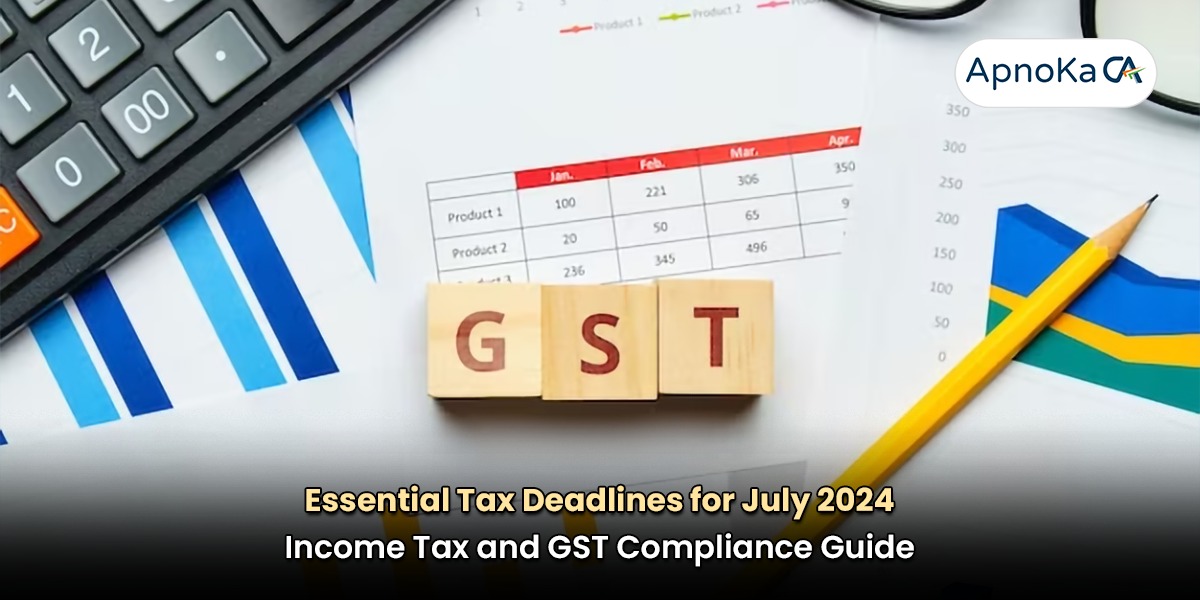July 2024 is shaping up to be a pivotal month for personal finance in India. This blog delves into the 6 key financial changes that could significantly impact your wallet during this time. From the highly anticipated Union Budget announcements to changes in credit card policies and deadlines, it's crucial for individuals to stay informed and plan their finances accordingly.
The article covers the potential impact of the Union Budget on tax rebates, medical expense deductions, and pension contributions. It also highlights the importance of meeting the July 31st ITR filing deadline and the implications of missing it. The blog then dives into the details of the Citibank credit card migration to Axis Bank, the ICICI Bank credit card fee changes, the SBI credit card reward points update, and the Paytm wallet closure policy.
By providing a comprehensive overview of these financial developments, the blog aims to equip readers with the knowledge and insights needed to navigate the evolving landscape and make informed decisions to optimize their personal finances.




